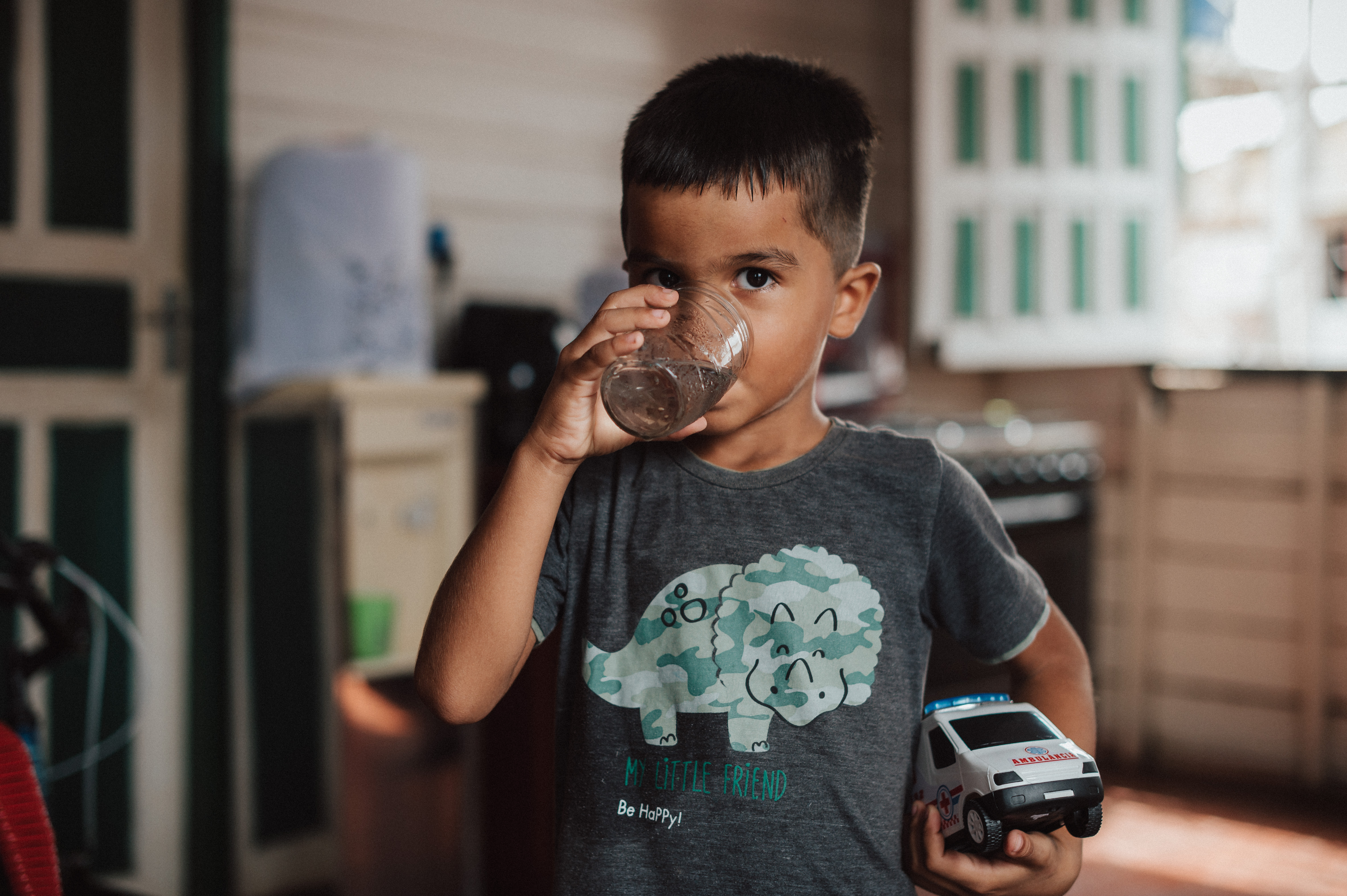

Description
The Brazilian Sanitation Policy created the SNIS with the following objectives:
i) Collect and systematize data related to the conditions of the provision of public basic sanitation services;
ii) Provide statistics, indicators and other information relevant to the characterization of the demand and supply of public basic sanitation services;
iii) Allow and facilitate the monitoring and evaluation of the efficiency and effectiveness of the provision of basic sanitation services. (BRAZIL, 2007)
In Brazil, data from part of the Sanitation sector has been systematized since 1995, however the current System allowed an expansion of scope and provides operational, managerial, financial and quality information on the provision of water and sewage services and on urban solid waste management services.
The data are collected directly from the municipalities. Through the System website, one can access thematic reports on Water Supply, Sanitation, Solid Waste Management and Rainwater Management. This information is fundamental to support the sector's policies, as well as public management strategies for the provision and improvement of WASH areas in Brazil.
The system gathers institutional, administrative, operational, managerial, economic-financial, accounting and quality information on the provision of basic sanitation services in urban areas of the four components of basic sanitation.
Criteria 9/11
- ACCESSIBILITY
- ALIGNMENT WITH SDG 1,3,4,6 AND/OR 11
- RACE AND GENDER ISSUES
- ATTENTION TO CHILDREN AND ADOLESCENTS
- LOW COST
- SOCIAL DIFFUSION
- ADMINISTRATIVE EFFICIENCY
- ADHERENCE AND CONTINUITY AT LOCAL LEVEL
- WASH INITIATIVE
- CLIMATE RESILIENCE
- SUSTAINABILITY
SNIS data are provided by municipal departments working in the Basic Sanitation sector. All data from this system support the policies of the institutions operating in the sector: the National Health Foundation (FUNASA/MS); Secretariat for Indigenous Health (SESAI/MS, Secretariat for Health Surveillance (SVS); Brazilian Water and Sanitation Agency (ANA); Secretariat for Environmental Quality of the Ministry of Environment and Climate Change (SQA/MMA).
Federal managers, State managers, Municipal managers, Civil society, Private companies in the Basic Sanitation sector
National (currently: 5351 municipalities)
Since 1996.
Municipalities are responsible for filling out the SNIS forms on a regular basis.
The data collection cycle is annual, starting in April after the closure of company balance sheets. This marks the release of the application for providers and/or municipalities responsible for sanitation services to begin entering the information. The forms are filled out by a technical team, which also validates, in two stages, the data collected. With the consolidation of information, indicators of each component are calculated, the Diagnostics are prepared and published.
The completion conditions municipalities to access Federal Programs.
From 2019 onwards, SNIS releases the Sanitation Information Panel, which provides an overview of the sector and allows key information and indicators to be accessed interactively.
SNIS data is collected annually and reviewed by the technical team of the Ministry of Cities, and this data forms the basis of the monitoring reports for all management plans in the basic sanitation sector.